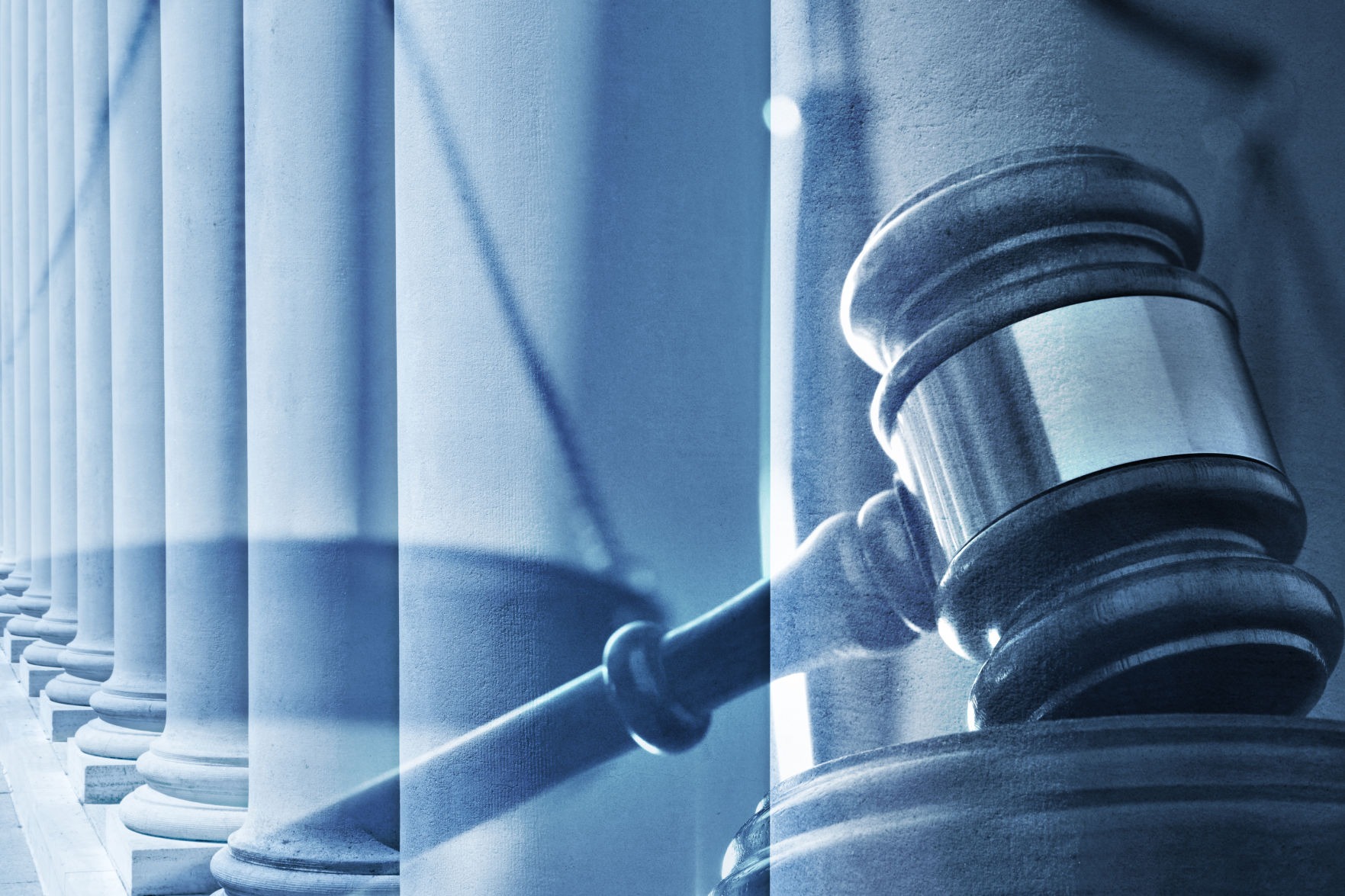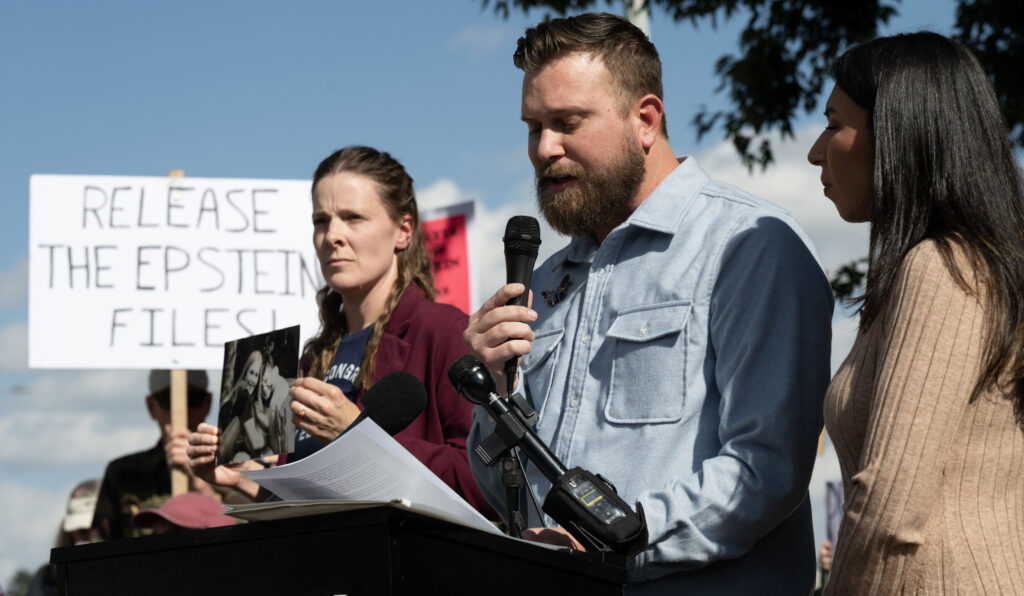State Supreme Court finds imposition of post-sentencing surcharges lawful

The Colorado Supreme Court affirmed on Monday that monetary surcharges added to an offender’s sentence after their sentencing hearing do not violate the Constitution.
In a pair of cases each involving a jury finding the defendant guilty of possession of a controlled substance, among other charges, the trial courts failed to impose mandatory surcharges until after the imposition of their sentences. Beginning in 1996, the General Assembly created a “drug offender surcharge” of between $300 and $4,500 on guilty parties. Most of the money funds correctional treatment programming.
However, there are other surcharges applicable to sentences, such as a restorative justice payment worth $10, an offender identification payment of $2.50, and a crime victim compensation payment of between $33 and $163. The Supreme Court assumed that these latter charges amounted to punishment, but only the drug offender surcharge was explicitly determined to be so.
The defendants in the two cases, David Scott Waddell and Gerald Adrian Yeadon, argued that the imposition of those additional monetary charges after their sentencing amounted to a violation of the U.S. and Colorado constitutions’ provisions against prosecution twice for the same offense. Accordingly, defendants may not receive more than one punishment from a court for the same offense. However, the Colorado Supreme Court previously deemed it possible for the legislature to create “multiple punishments based on the same criminal conduct.”
Justice Carlos A. Samour, Jr., who authored the opinion in both cases, found that the law required the trial court to apply the surcharges. Because the court did not, they delivered an illegal sentence.
“[T]he sentence Waddell received on his level 1 drug felony conviction was not authorized by law because it did not include the mandatory drug offender surcharge,” Samour wrote.
For the similar mandatory charges, the court found the phrase “shall be required” was clear, and the error that the trial courts made was able to be corrected at any point. In Samour’s two opinions, the court overruled a previous decision in 2002 which decided that the drug offender surcharge was not mandatory.
The cases are David Scott Waddell v. The People of the State of Colorado and Gerald Adrian Yeadon v. The People of the State of Colorado.














